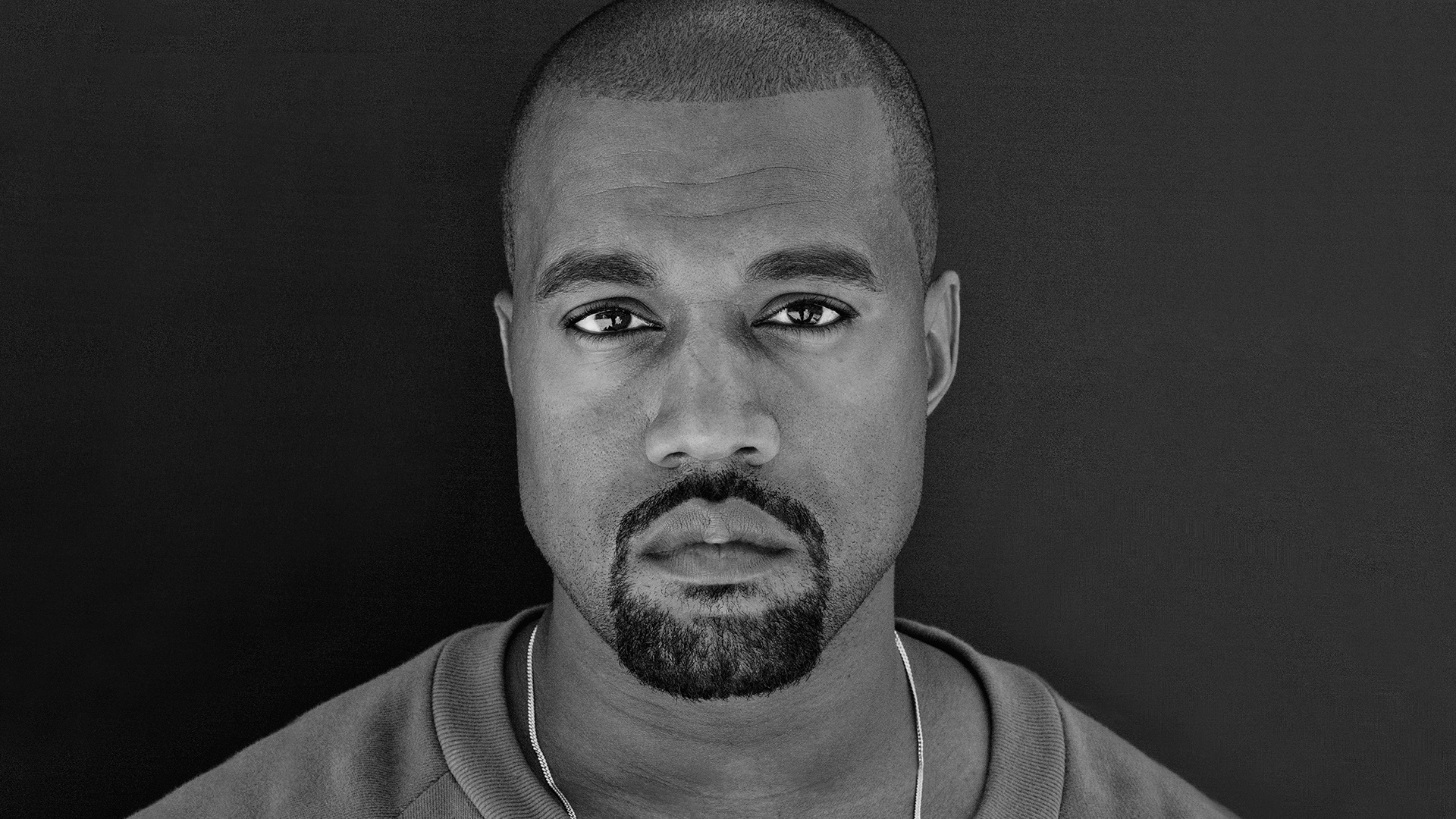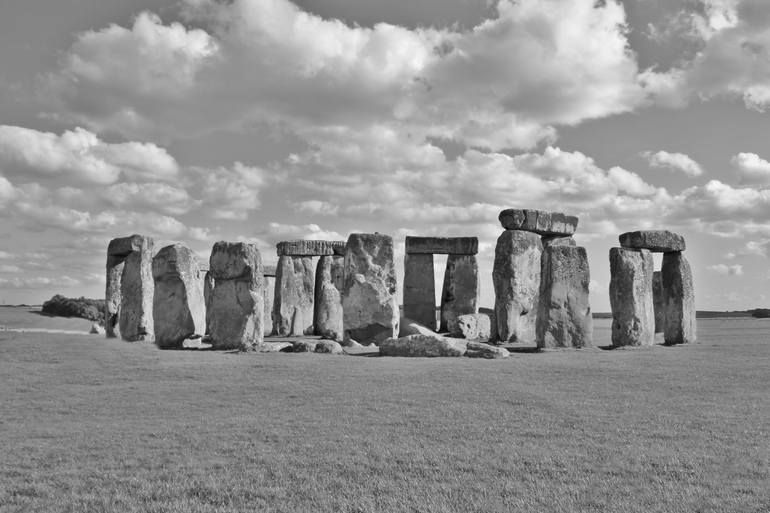The influx of foreign artists into China has diminished significantly, yet economic pressures may compel authorities to reconsider their approach.
China’s decision to allow Ye, formerly known as Kanye West, to perform has raised eyebrows.
Ye, the musician formerly known as Kanye West, stunned his Chinese fans on Sunday by performing live in Haikou. China’s infamously censorious dictatorship had let in one of the biggest and most contentious foreign acts in the world.
With only a few days’ notice, Ye’s one and only China performance—which was even more unexpected given that it skipped major cities in favor of the vacation island of Hainan—sold out in minutes. After sixteen years, it was his first time returning to the nation. During that period, Ye’s notoriety for controversy has increased, and the Chinese government’s tolerance for Western musicians has decreased.
Social media posts, live performances, and domestic publications are all heavily censored by the Communist Party. In an effort to capitalize on the enormous market of 1.4 billion Chinese consumers, it also regulates the flow of artwork and content from overseas creators.
Before granting permission to tour, Chinese authorities frequently demand that foreign performers provide set lists and song lyrics; even then, performances frequently fail. Less than 40 non-Chinese films are approved annually, and few of the major musical tours of recent years, like those of Billie Eilish, Coldplay, and Taylor Swift, have made stops in China. Under Xi Jinping’s leadership, the flow of foreign talent has reduced to a trickle. Justin Bieber’s reputation as a “badly behaved entertainer” led to his ban from China in 2017. The whole catalog of Lady Gaga was allegedly outlawed in 2016 following her meeting with the Dalai Lama.
Though several pointed out that Ye spent a year living in Nanjing as a child while his mother worked as a university professor, the decision to let him perform drew criticism within China. Fans and sponsors have severed their connection with Ye due to a number of incidents, which include his promotion of Donald Trump, antisemitic remarks, and assertions that Black people chose to live in slavery in America.
Chinese social media users were shocked that Ye’s event was authorized, citing these occurrences, his ongoing conflict with Swift, and misogynistic overtones in his song lyrics.
Authorities in Haikou are said to have received multiple complaints over Ye’s provocative and offensive statements in the past, as well as the themes in his work. One letter, which the Guardian was unable to verify but which was credited to a Swift fan club, claimed that Ye’s “public behavior and lyrics do not meet the standard of cultural and artistic activities in China, and may have a negative impact on society.”
Over 160 million people have interacted with Ye’s name and the program announcement on Weibo in the past two days. More than 1.7 million people saw a single hashtag about his event getting official approval, with many of them only posing the question “How?”
“The government must regret not booking Taylor Swift’s concert and is using Kanye West to make up for the regret,” a commenter stated.
While data indicate poor retail spending, youth unemployment, and a housing crisis are plaguing China’s economy, there is a growing local demand for live entertainment and a growing desire to travel for it. People from outside the province of Hainan purchased more than 90% of the tickets for Ye’s performance. Missing out on major international tours seems to be frustrating places like Hainan, which depend largely on the tourist and entertainment sectors. Government advisors in Shanghai expressed their desire in July to more readily accept the “walking GDP” of performers like Swift.
According to the advisers’ post on the Shanghai city government’s WeChat account, “this is the largest and highest-grossing personal concert tour in history, having generated over US$5bn in consumer spending so far”—a reference to Swift’s Eras tour.
Less than a month ago, Ye’s Taiwanese performance was postponed due to “unforeseen circumstances,” according to the organizers. It was unclear whether such conditions had anything to do with the seemingly last-minute consent to perform in China, where the government regards Taiwan as a province and is adamantly against any action that acknowledges its sovereignty.




